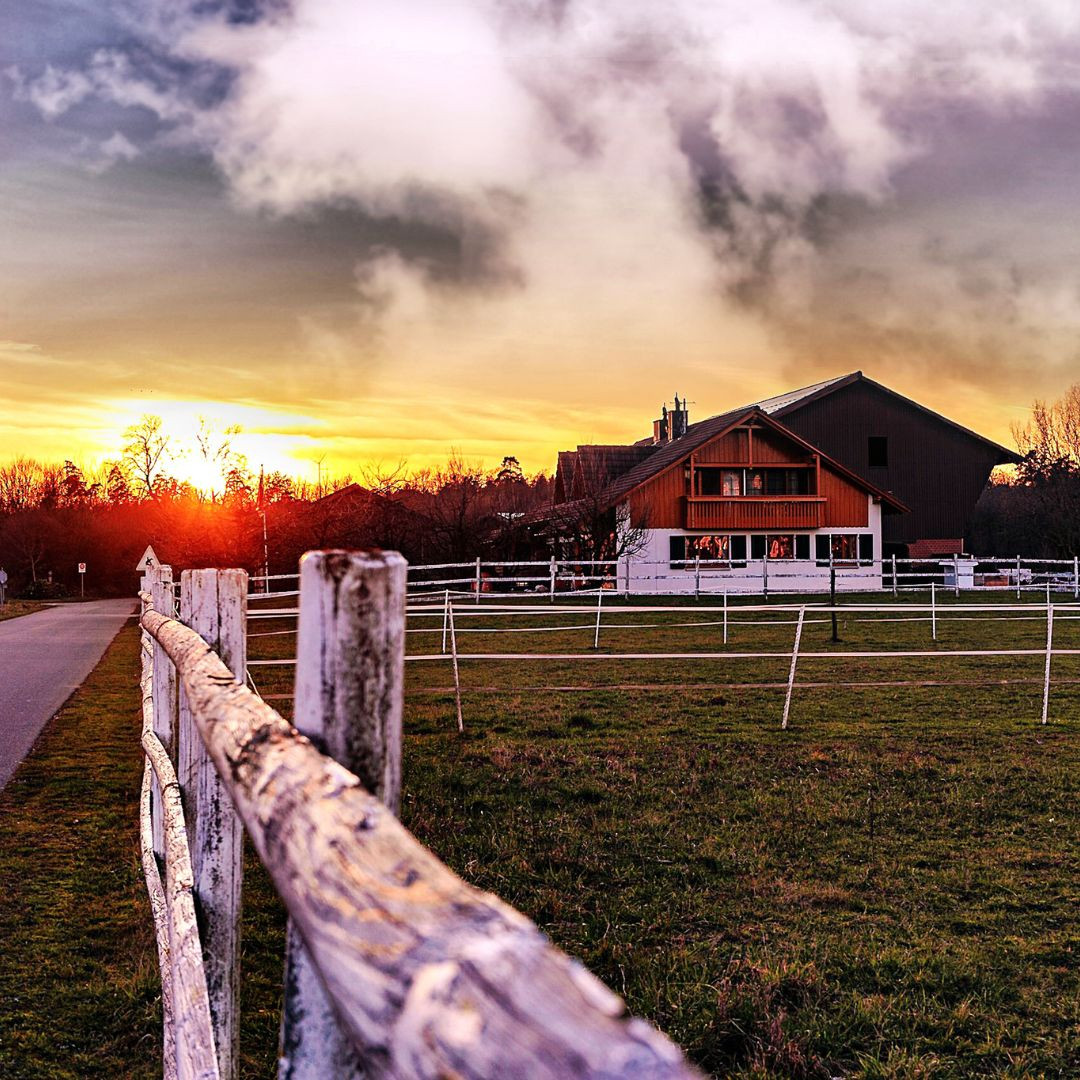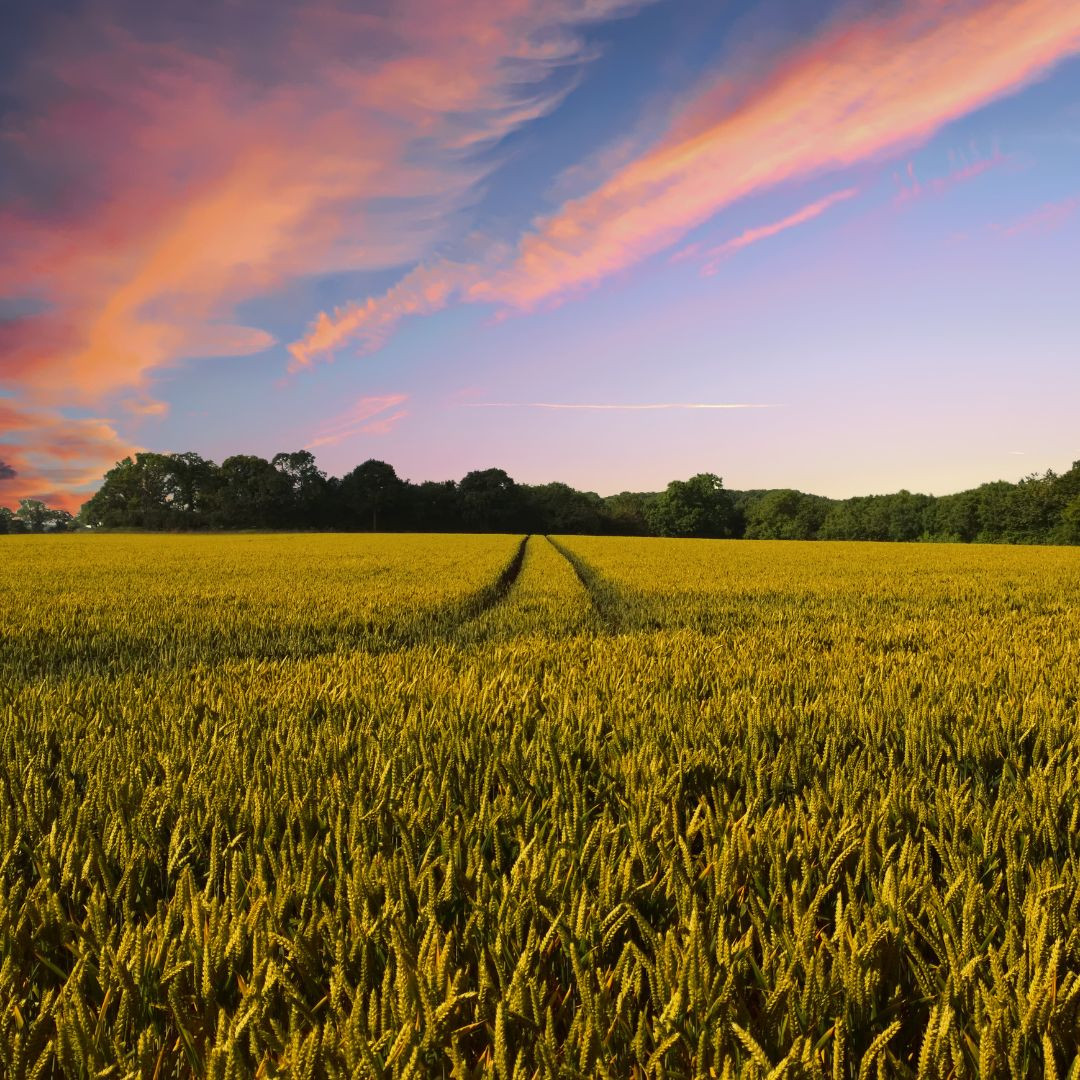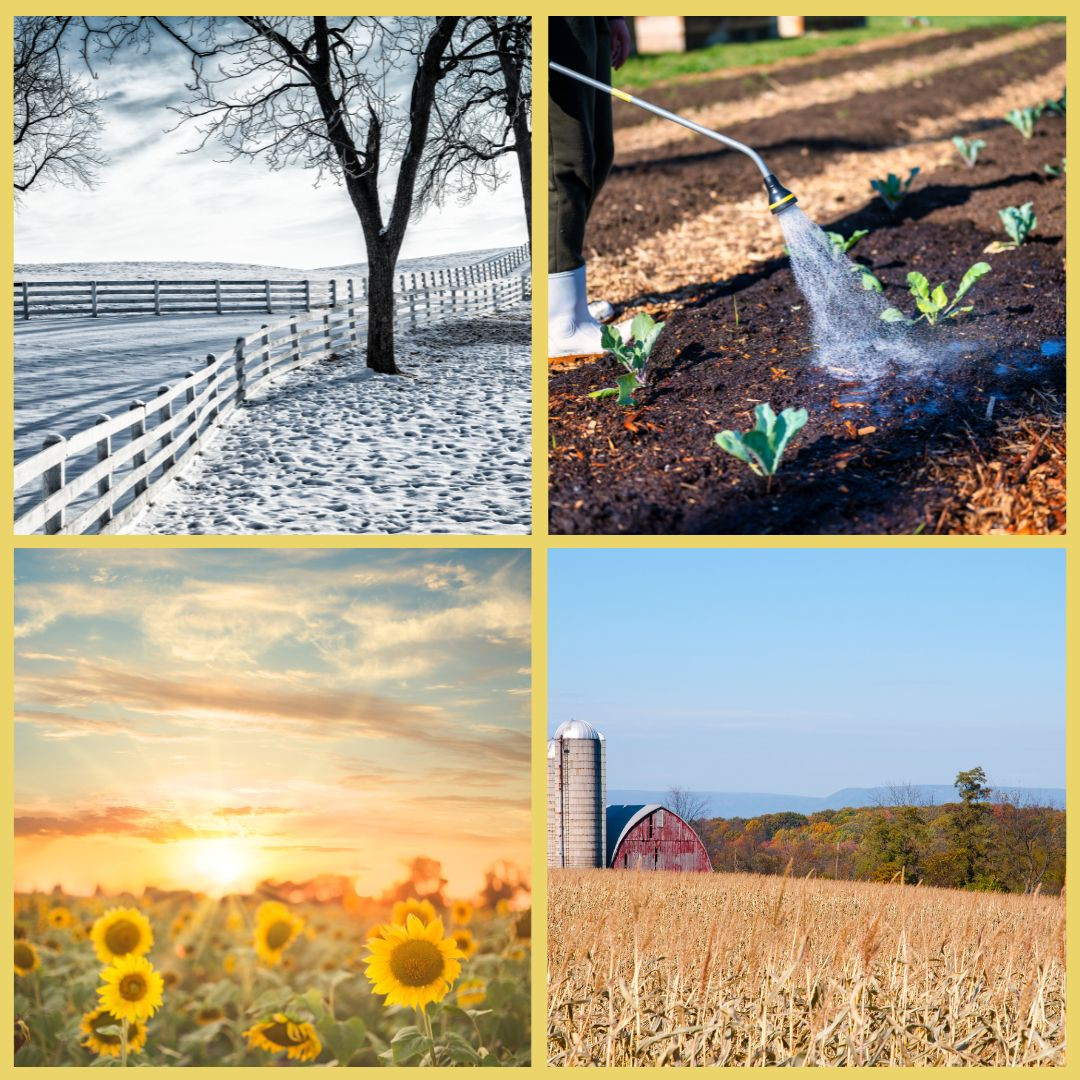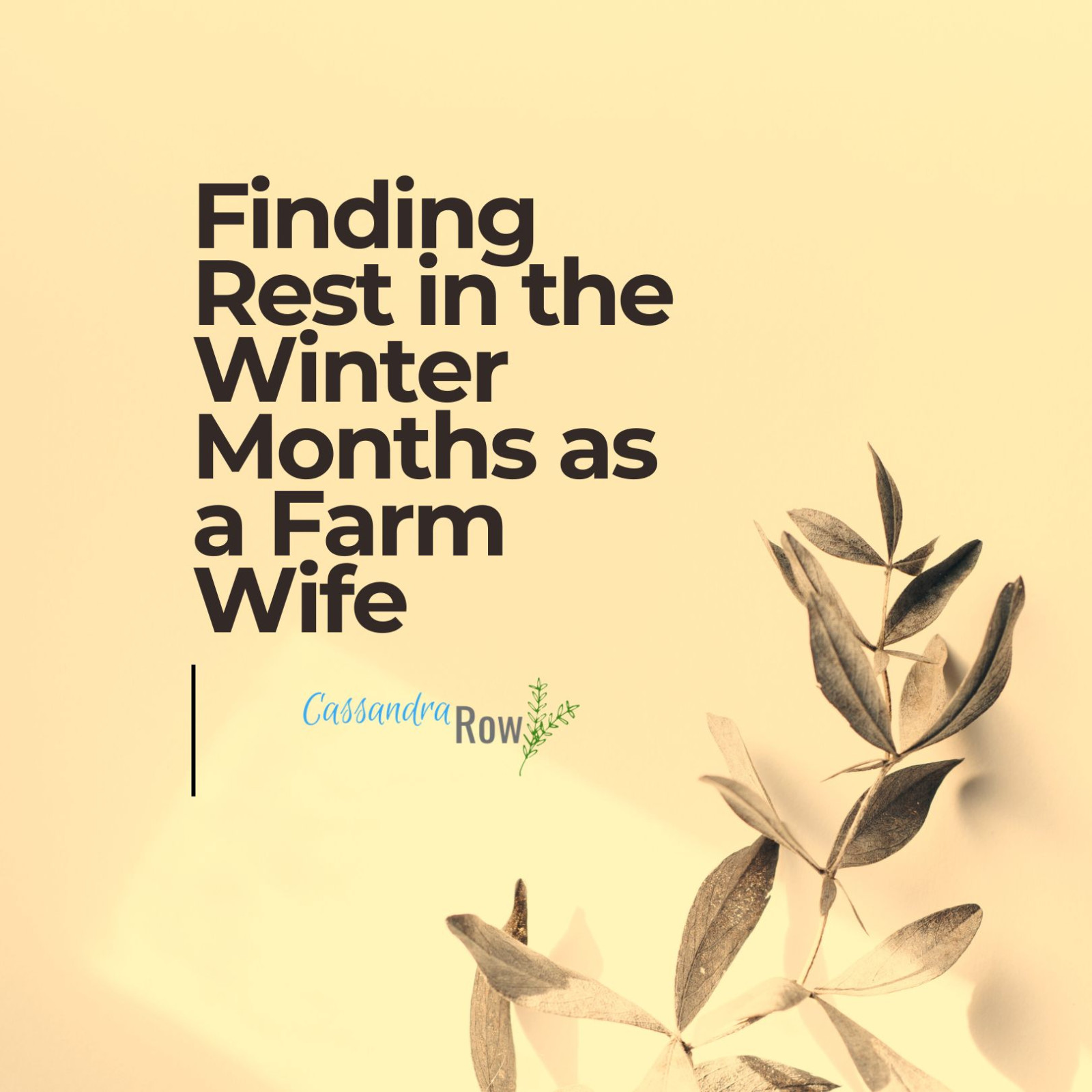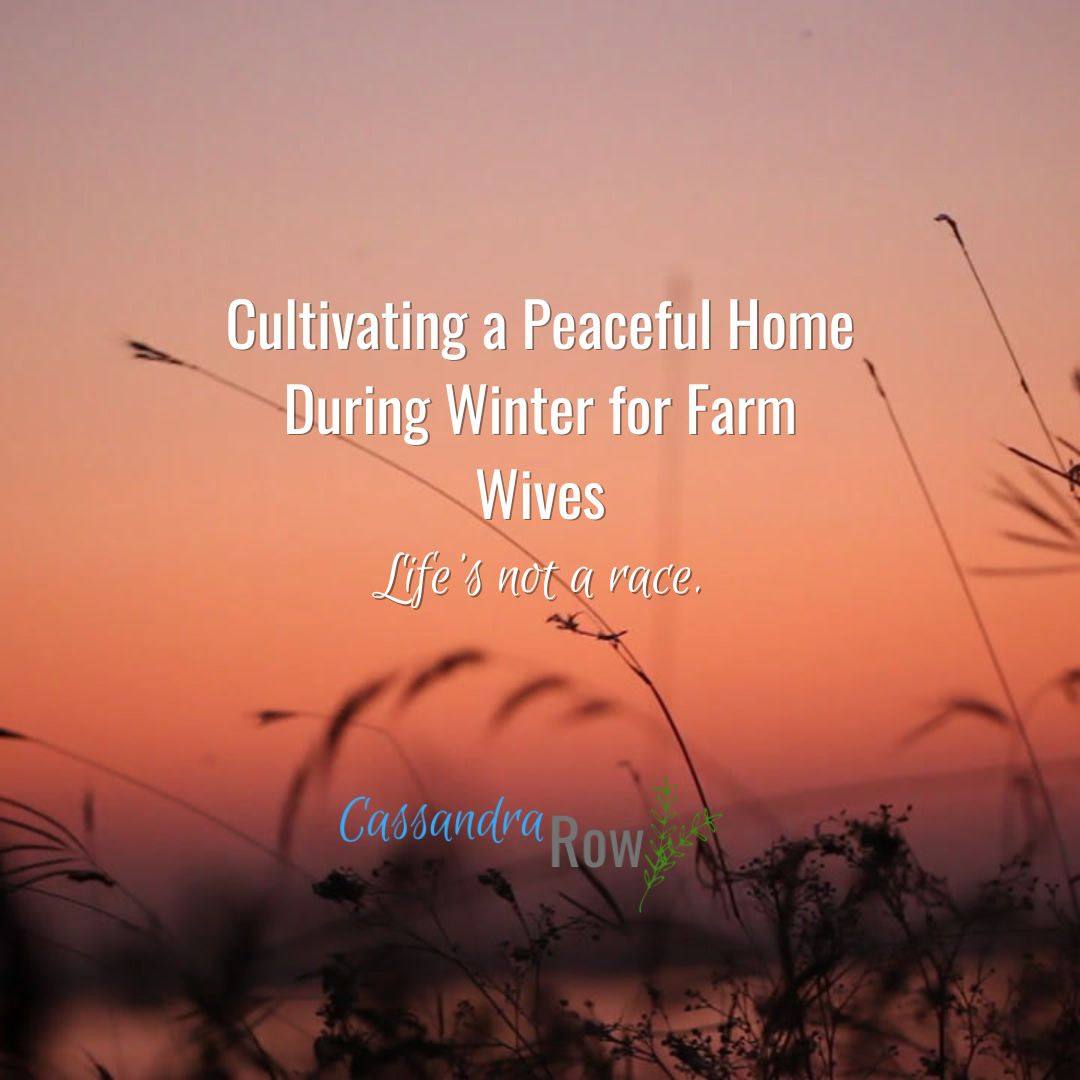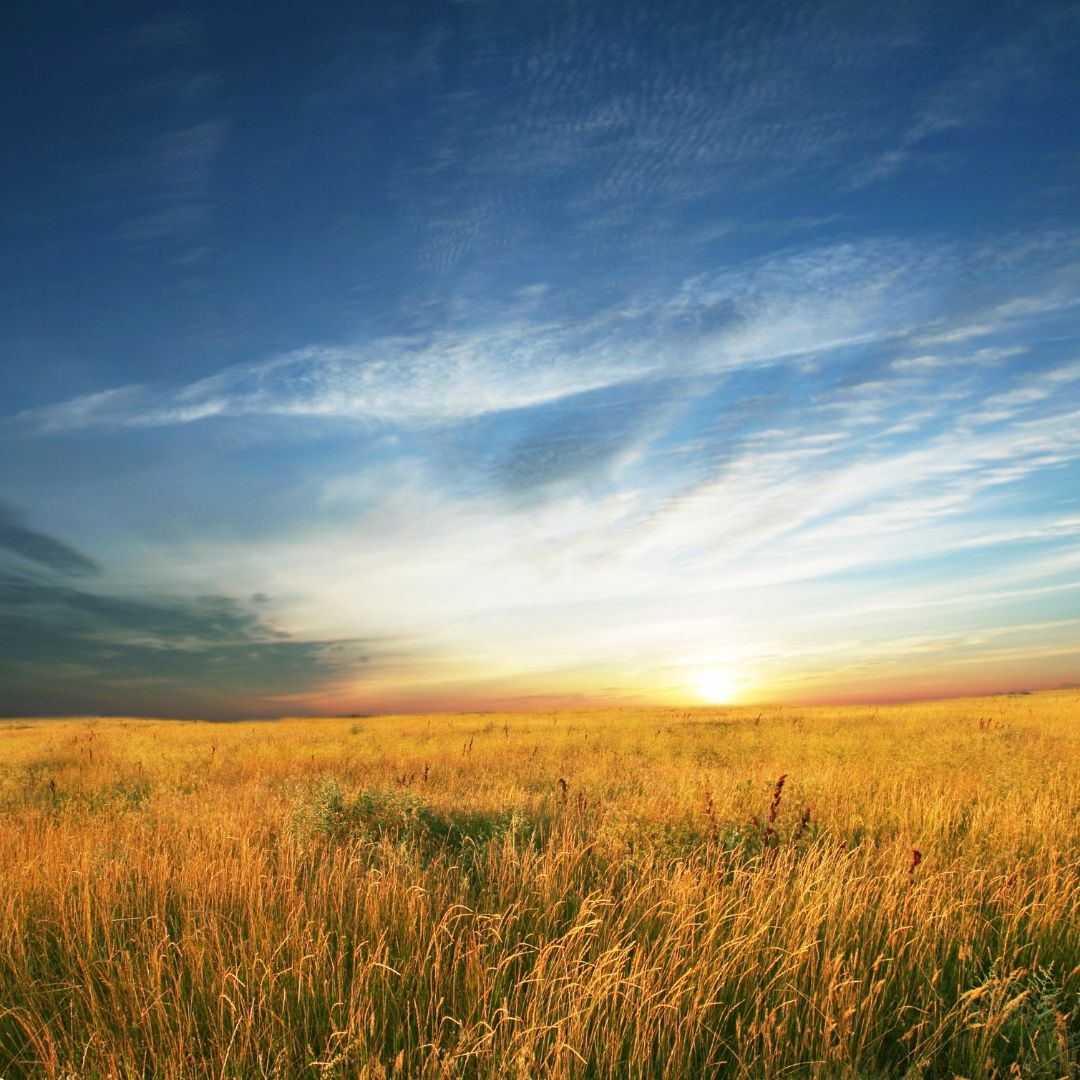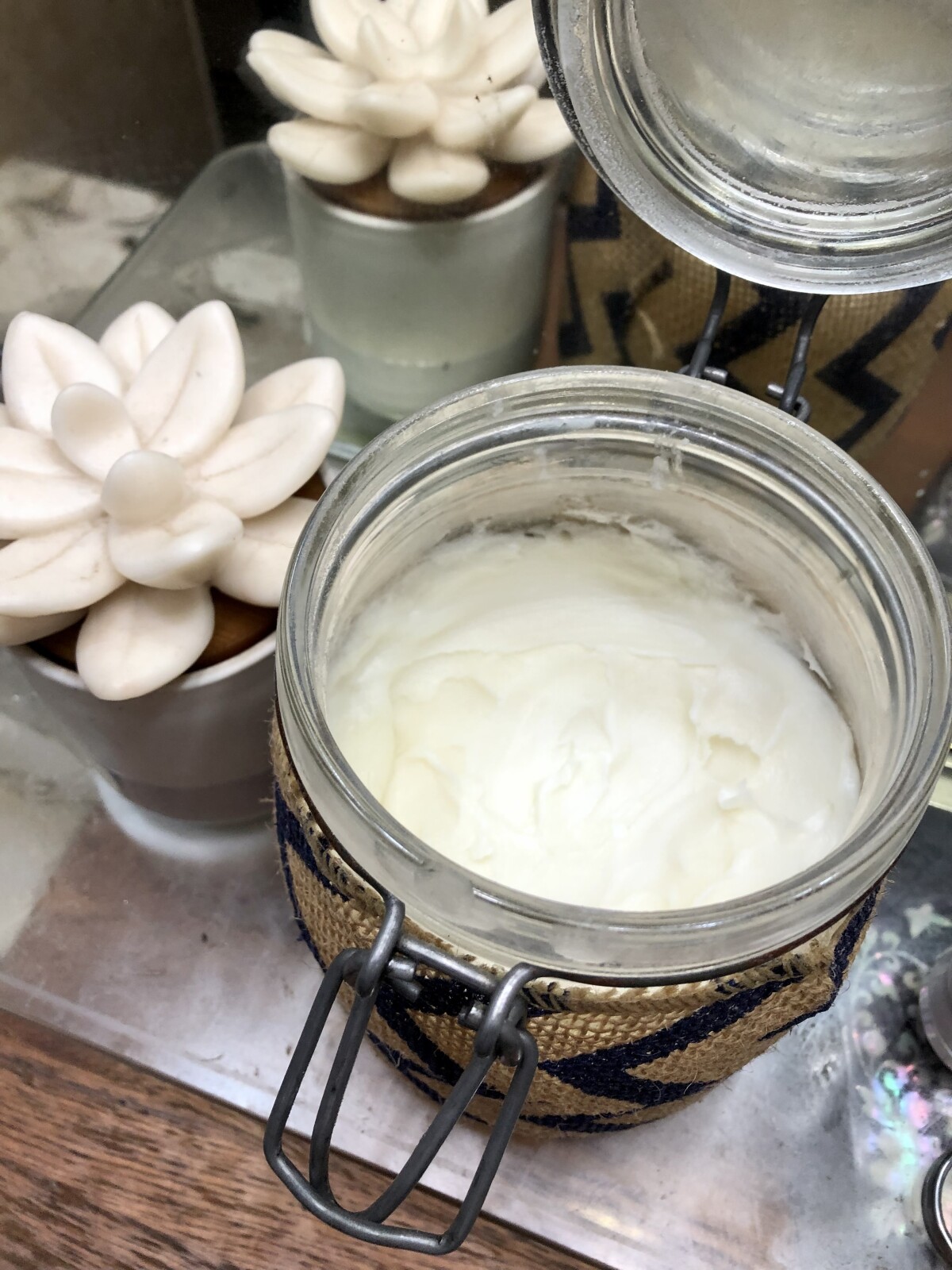
This post may contain affiliate links, which means that I may receive a commission if you make a purchase using these links, with NO additional cost to you.
Last week I talked about what changes when you to go a toxin free lifestyle. You can read that here. This week I am going to focus on what exactly that looks like in day to day life.
The day to day really doesn’t have to look much different than what it did before. The difference comes in the products you buy and the things you choose to bring into your home. When you shop you will become an expert label reader on all products.
When shopping for personal care products or home cleaning supplies, you avoid things with fragrance or SLS or other words you are unfamiliar with. You can get more information on specific ingredients to avoid here.
You will begin to care about where your food comes from. Some rice actually contain heavy medals from past growing practices. The boxed processed foods you used to buy you find are full of dyes and fillers. Empty calories that fill you up, but don’t feed your body. You realize fresh is truly best for your system and try and grow what food you can.
You begin to avoid anything synthetic. Including dyes, plastics, polyester, etc. You start to do things the old fashioned way. Making your own, going without, or finding alternatives. Glass is king in your home for storage.
You learn how best to support your body from the inside out. With real nutrition. You build your family up and give them what they need to thrive, instead of fighting. You learn how to help the body eliminate the toxins you were exposed to.
Truth is without completely isolating yourself from the modern world, toxins are unavoidable. But minimizing the day to day exposure will help your body detox the exposures. How far you choose to go on the toxin free lifestyle is completely up to you.
Wanting a community to lean into? Join the FREE Courageous + Purposeful Mommas group! This community is for the Mommas, mommas to be, in the midst of raising, and kids grown, looking for tips on building your family up and providing for them through natural methods. Tips include: gardening, bulk buying, caning,/preserving, livestock, homesteading, and home remedies. Your family is precious, and this group is to help you gain the knowledge and tools to keep your family well and not reliant on outside professionals. Remedies and tips are easy and simple for the busy momma, time is precious after all, including pregnancy, birth, young kids, and illness. Trust your Momma gut again! This community offers the resources + community you need to help get started on your journey and prepare for whatever future you envision.
Click here to get the stories straight to your email:
For more on wellness tips click here:
For more on homesteading on your budget click here:
For more simple DIY updates click here:
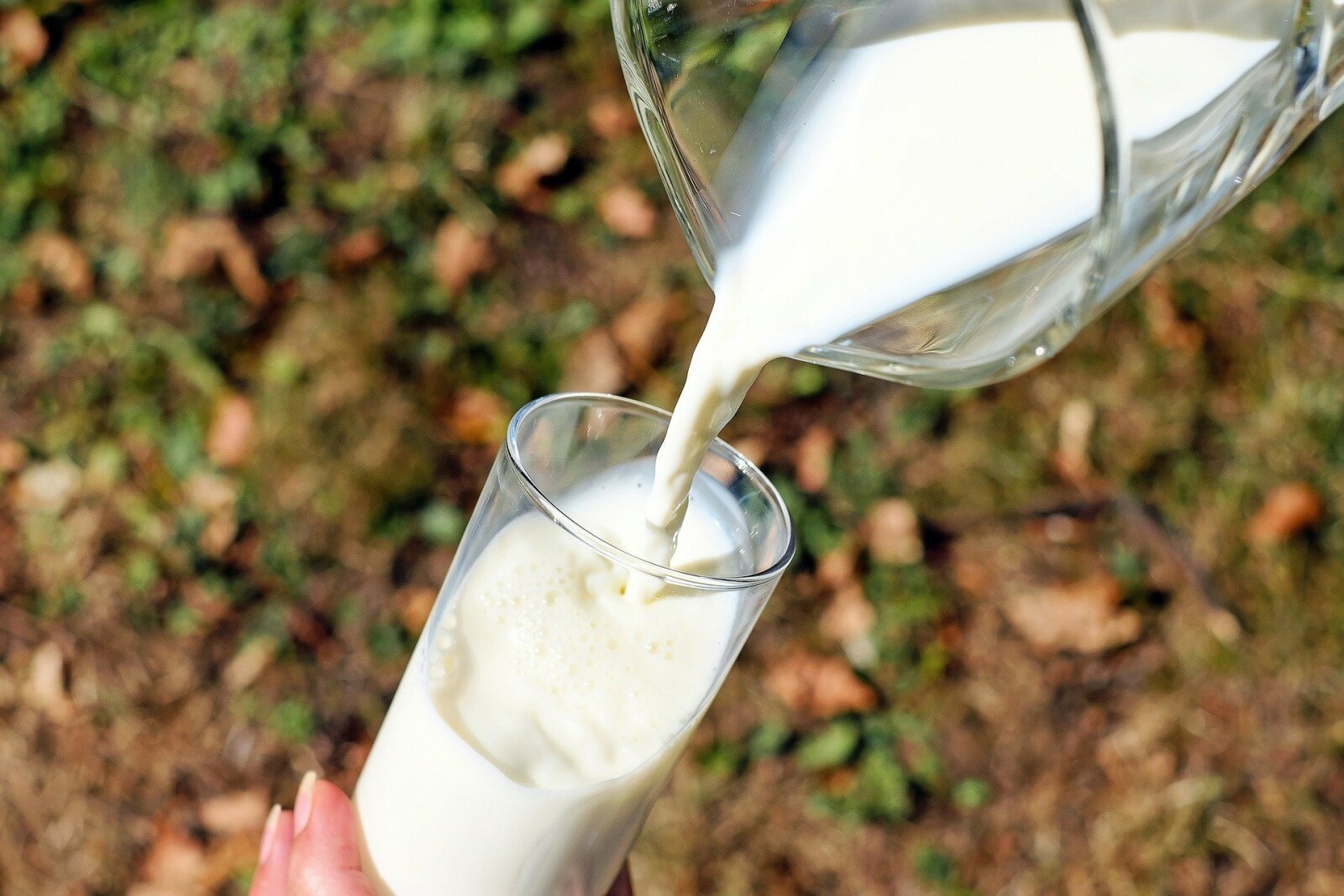
This post may contain affiliate links, which means that I may receive a commission if you make a purchase using these links, with NO additional cost to you.
A trip through the grocery store can be so confusing! So many labels anymore, on everything, but what do those labels really mean? Is the product really better or safer if it has a particular label? The past couple weeks I covered meat and eggs labels found in the store and break them down for you. This week I am covering milk labels.
100% Grass fed –It means the animal has not been fed grain or grain byproducts and had continuous access to pasture during growing season. They are permitted to consume hay during the months grass is not growing (winter). This label is a challenge for dairy as meeting the nutritional requirements of the high producing cows on forage alone is difficult.
RBST/hormone free – In 1994 a synthetic hormone was developed to boost cows milk supply called rBST. Today it is seldom used due to consumer demand, and the relatively low added return of milk, for the price of the drug. This label is highly controversial and not allowed in many states.
Antibiotic free – This is a tricky label, as it is slightly miss leading. All milk is antibiotic free as far as residue. If a cow is given antibiotics for infection, her milk is dumped until the time residue is no longer found in the milk (withdrawal period). This label does not mean the cow producing the milk has never had antibiotics. So, it is essentially an extra label that means nothing. Pure marketing.
Organic – In 2010 the regulations for USDA Organic became stricter. Currently, to be labeled organic, milk must come from cows fed feed of chemical fertilizers, pesticides or genetically modified plants, no added hormones or antibiotics. They mush have access to the outdoors throughout the year, pastured for at least 120 days per year, 30% of their diet from pasture grass. Cows also must have been in an organic environment for at least 12 months prior to the milk being sold as organic. Any cows given antibiotics must leave the herd within one year.
Lactose free – This is a label that is growing in popularity due to the increase in people with food intolerances. Lactose fee milk or cheese or ice-cream, is dairy that has had the lactose taken out of it. Be aware however, lactose free does not mean dairy free! When dealing with dairy sensitivity, it may be the lactose or casein (2 proteins in found in dairy) causing issues.
Ultra-pasteurized – This simply means the milk was heated to 280 degrees for a minimum of 2 seconds (compared to 161 degrees for 15 seconds for standard pasteurizing). This kills virtually all bacteria found in the milk, but also denatures many of the proteins and all enzymes.
In many areas you can find small producers who will sell milk directly. Depending on the state you live in however, will determine how difficult it is to find and what you are able to buy.
Wanting a community to lean into? Join the FREE Courageous + Purposeful Mommas group! This community is for the Mommas, mommas to be, in the midst of raising, and kids grown, looking for tips on building your family up and providing for them through natural methods. Tips include: gardening, bulk buying, caning,/preserving, livestock, homesteading, and home remedies. Your family is precious, and this group is to help you gain the knowledge and tools to keep your family well and not reliant on outside professionals. Remedies and tips are easy and simple for the busy momma, time is precious after all, including pregnancy, birth, young kids, and illness. Trust your Momma gut again! This community offers the resources + community you need to help get started on your journey and prepare for whatever future you envision.
Click here to get the stories straight to your email:
For more on wellness tips click here:
For more on homesteading on your budget click here:
For more simple DIY updates click here:
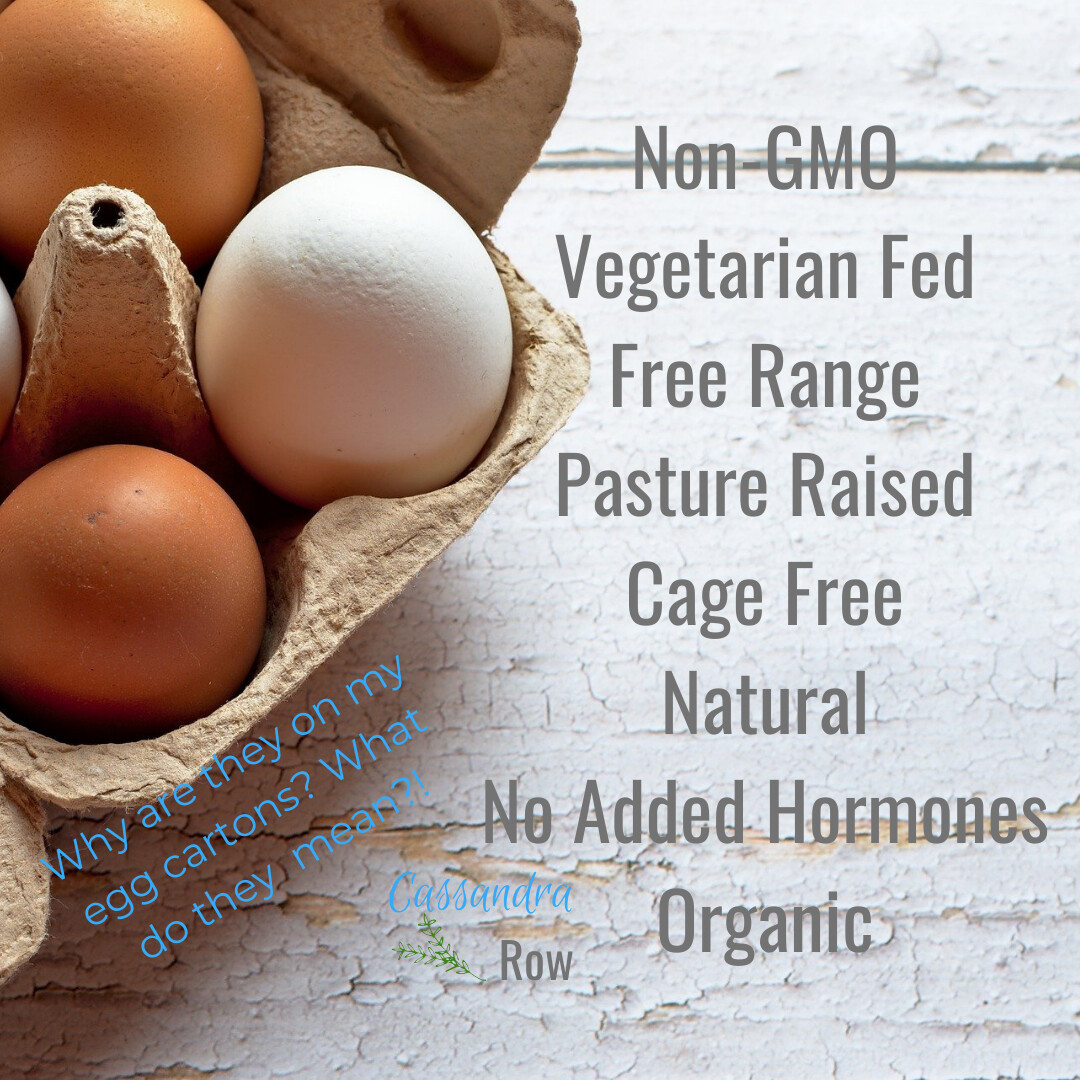
This post may contain affiliate links, which means that I may receive a commission if you make a purchase using these links, with NO additional cost to you.
A trip through the grocery store can be so confusing! So many labels anymore, on everything, but what do those labels really mean? Is the product really better or safer if it has a particular label? The next few weeks I’m going to go over the different labels found in the store and break them down for you.
Keep in mind any extra label requires extra documentation. This translates into an increased cost for the consumer. I highly recommend finding a local producer for whatever you wish to buy and ask questions. Find one that aligns with your values and purchase directly from them if possible. Last week we talked about Meat, you can read that here. This week eggs are up.
Non-GMO means the hens are fed a diet free from gm crops or by products. They can still be caged or building confined. But do have a balanced diet fit to their needs.
Vegetarian fed means the hens are not fed animal or animal by products. Naturally, chickens are not vegetarians, but omnivores. When allowed to roam and consume what they wish, they will eat bugs, worms, mice, small snakes and such.
Free range means the hens have continuous access to outdoors, though that space may or may not be fenced or covered. Free range can simply be access to an outdoor pen space, or a mobile fenced unit. Most production chickens are fenced in some way for a couple reasons. First there are many predators who love chicken and true pen free ranging results in loss from those predators (fox, coyote, hawk, etc.). Secondly hens are expert egg hiders.
Pasture raised is a tricky label. It is not a regulated term, but implies the hens are raised in a pasture. This is purely a marketing term.
Cage free means the hens can move within building and have unlimited access to food and fresh water. This means nothing about their ability to go outside.
Natural - This label means the eggs are minimally processed, and contains no preservatives, or artificial ingredients. Pretty much all eggs are sold this way (except for those beloved Reese’s easter eggs) whether the label says it or not. It is mostly a marketing tool.
No added hormones – This is also a marketing label. Use of hormones has been outlawed in poultry since 1950s, so all eggs are the same here.
Organic - Means no growth hormones, antibiotics, genetically modified (GM) crops, or animal by-products were fed ever, and the hens have access to the outside. These are most likely your highest priced eggs in the store. Why? Sourcing and cost of the feed is expensive. Plus, the documentation required to sell the eggs as such. Many producers are not willing to do the extra paperwork, for such a small increase in profit.
Again, if you are truly concerned about your eggs and where they came from find a local producer. Many people have back yard chickens and will gladly sell you some of their eggs and even show you where the hens live. Farmers markets is another good place to find local egg producers.
Wanting a community to lean into? Join the FREE Courageous + Purposeful Mommas group! This community is for the Mommas, mommas to be, in the midst of raising, and kids grown, looking for tips on building your family up and providing for them through natural methods. Tips include: gardening, bulk buying, caning,/preserving, livestock, homesteading, and home remedies. Your family is precious, and this group is to help you gain the knowledge and tools to keep your family well and not reliant on outside professionals. Remedies and tips are easy and simple for the busy momma, time is precious after all, including pregnancy, birth, young kids, and illness. Trust your Momma gut again! This community offers the resources + community you need to help get started on your journey and prepare for whatever future you envision.
Click here to get the stories straight to your email:
For more on wellness tips click here:
For more on homesteading on your budget click here:
For more simple DIY updates click here:

